Was Toadzilla the biggest toad of all time?
Massive amphibian found in north Australian rainforest was ‘like a football with legs’
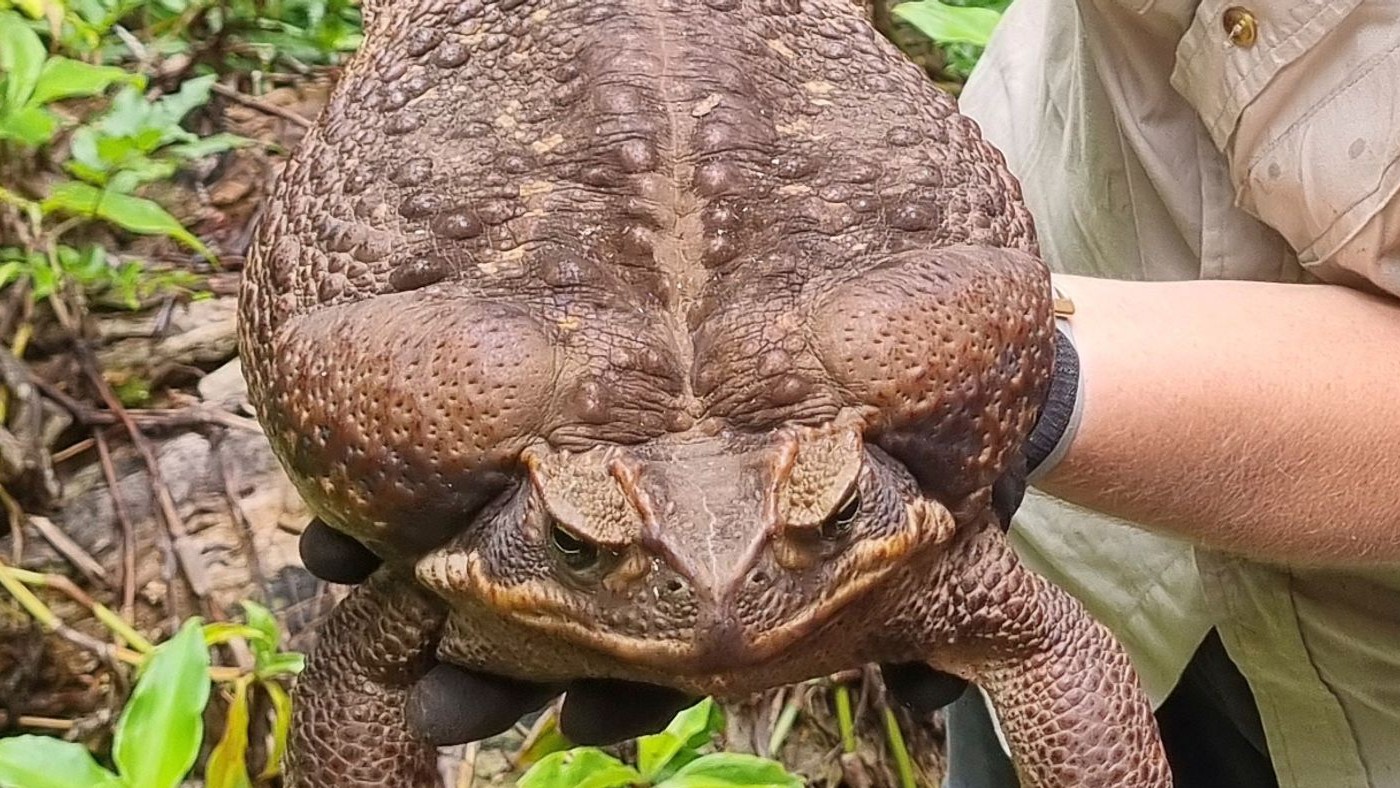
A free daily email with the biggest news stories of the day – and the best features from TheWeek.com
You are now subscribed
Your newsletter sign-up was successful
Park rangers in Australia believe they discovered a record-breaking giant toad deep in the north Queensland rainforest.
The colossal cane toad was stumbled upon by “shocked” ranger Kylee Gray during a patrol in Conway National Park in Queensland, reported Reuters.
Together with her colleagues, she caught the amphibian and weighed it, discovering it came in at 2.7kg (6lb). The Guinness World Records lists the largest toad at 2.65kg (5lb 14oz), a long-standing record set in 1991 by a Swedish pet.
The Week
Escape your echo chamber. Get the facts behind the news, plus analysis from multiple perspectives.

Sign up for The Week's Free Newsletters
From our morning news briefing to a weekly Good News Newsletter, get the best of The Week delivered directly to your inbox.
From our morning news briefing to a weekly Good News Newsletter, get the best of The Week delivered directly to your inbox.
The rangers had initially considered naming the female toad Connie after the national park, but due to her massive size “Toadzilla” was chosen instead, noted ITV News.
“A cane toad that size will eat anything it can fit into its mouth and that includes insects, reptiles and small mammals,” Gray said. Speaking to ABC News, she said the toad looked “almost like a football with legs”.
Gray said she wasn’t sure how old Toadzilla was – “the species can live up to 15 years in the wild”, according to the BBC – but believes she has “been around a long time”.
Senior park ranger Barry Nolan told Reuters that the toad, a member of an invasive species that is considered a threat to Australia’s ecosystem, was killed due to its “ecological impact”.
A free daily email with the biggest news stories of the day – and the best features from TheWeek.com
Cane toads are capable of poisoning predators that try to eat them. Female cane toads “can produce up to 30,000 eggs in a season”, noted Al Jazeera.
There is “no broadscale way to control” cane toads, said the Australian government. They are now found throughout northern Australia and are moving westward at an estimated range of 40 to 60km (approximately 25 to 37 miles) per year, it added.
Toadzilla’s body was donated to the Queensland Museum in Brisbane for research.
Chas Newkey-Burden has been part of The Week Digital team for more than a decade and a journalist for 25 years, starting out on the irreverent football weekly 90 Minutes, before moving to lifestyle magazines Loaded and Attitude. He was a columnist for The Big Issue and landed a world exclusive with David Beckham that became the weekly magazine’s bestselling issue. He now writes regularly for The Guardian, The Telegraph, The Independent, Metro, FourFourTwo and the i new site. He is also the author of a number of non-fiction books.
-
 The best music tours to book in 2026
The best music tours to book in 2026The Week Recommends Must-see live shows to catch this year from Lily Allen to Florence + The Machine
-
 Gisèle Pelicot’s ‘extraordinarily courageous’ memoir is a ‘compelling’ read
Gisèle Pelicot’s ‘extraordinarily courageous’ memoir is a ‘compelling’ readIn the Spotlight A Hymn to Life is a ‘riveting’ account of Pelicot’s ordeal and a ‘rousing feminist manifesto’
-
 The EU’s war on fast fashion
The EU’s war on fast fashionIn the Spotlight Bloc launches investigation into Shein over sale of weapons and ‘childlike’ sex dolls, alongside efforts to tax e-commerce giants and combat textile waste
-
 Climate change could lead to a reptile ‘sexpocalypse’
Climate change could lead to a reptile ‘sexpocalypse’Under the radar The gender gap has hit the animal kingdom
-
 How drones detected a deadly threat to Arctic whales
How drones detected a deadly threat to Arctic whalesUnder the radar Monitoring the sea in the air
-
 ‘Jumping genes’: how polar bears are rewiring their DNA to survive the warming Arctic
‘Jumping genes’: how polar bears are rewiring their DNA to survive the warming ArcticUnder the radar The species is adapting to warmer temperatures
-
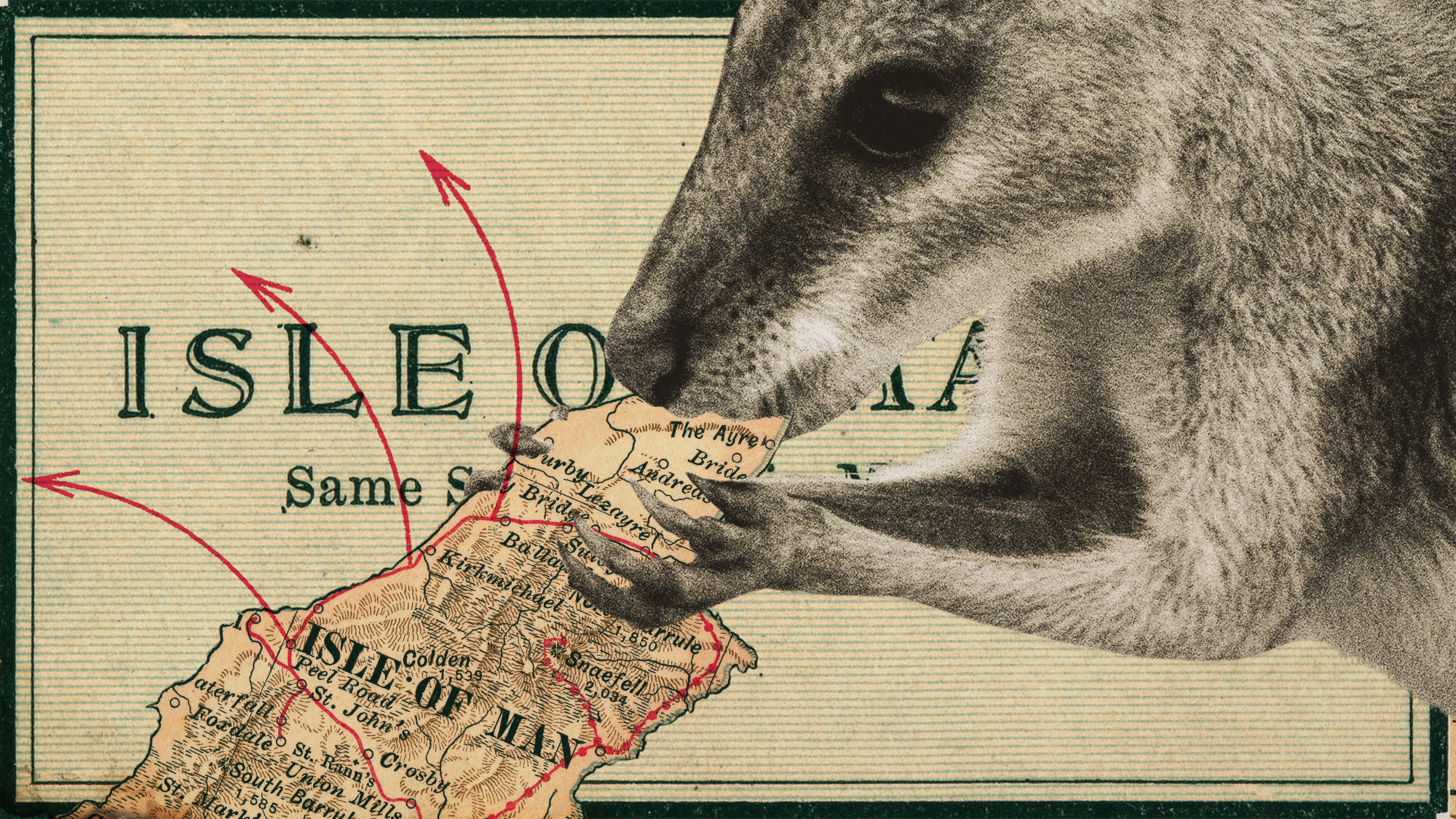 The UK’s surprising ‘wallaby boom’
The UK’s surprising ‘wallaby boom’Under the Radar The Australian marsupial has ‘colonised’ the Isle of Man and is now making regular appearances on the UK mainland
-
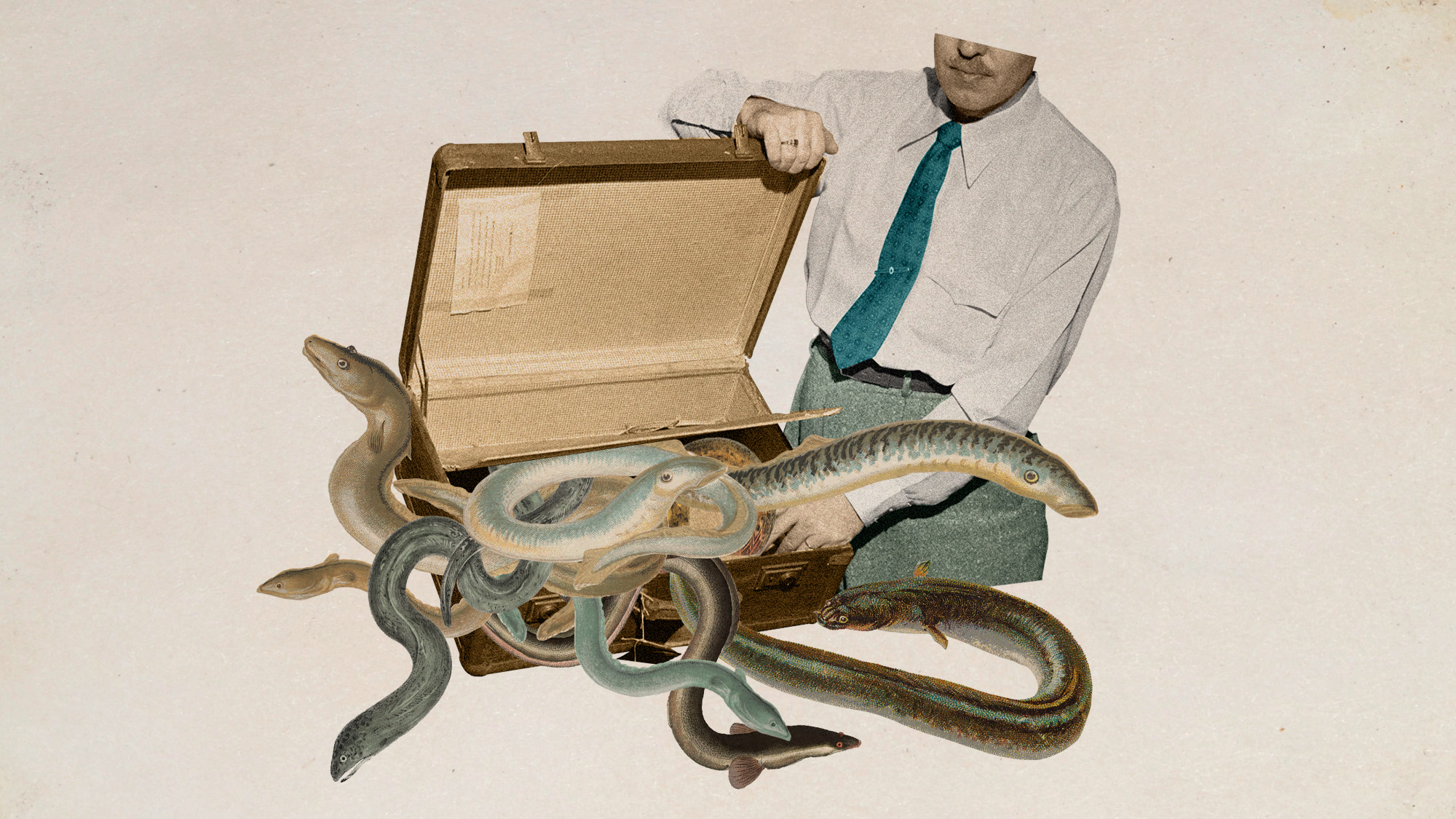 Eel-egal trade: the world’s most lucrative wildlife crime?
Eel-egal trade: the world’s most lucrative wildlife crime?Under the Radar Trafficking of juvenile ‘glass’ eels from Europe to Asia generates up to €3bn a year but the species is on the brink of extinction
-
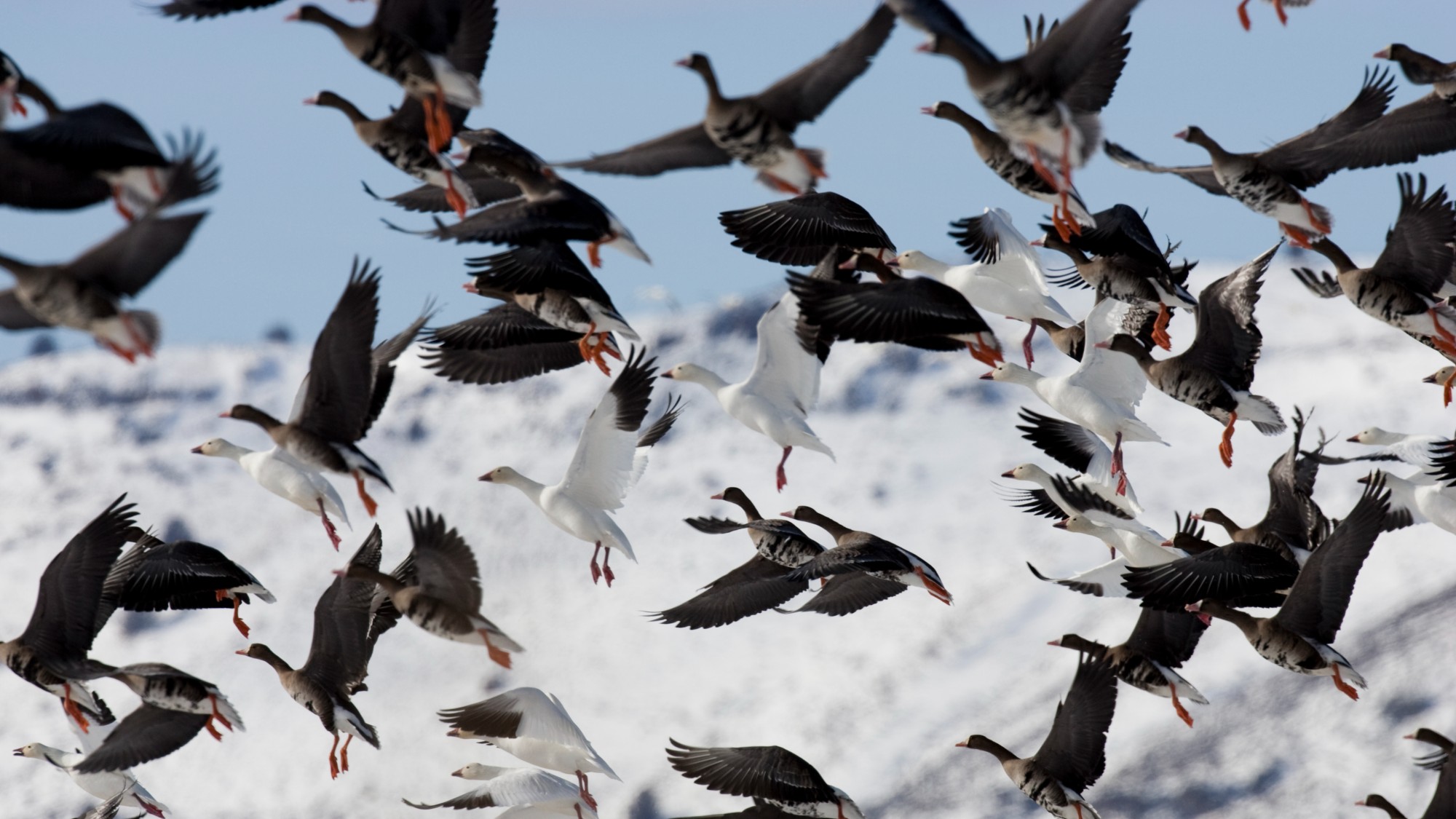 Icarus programme – the ‘internet of animals’
Icarus programme – the ‘internet of animals’The Explainer Researchers aim to monitor 100,000 animals worldwide with GPS trackers, using data to understand climate change and help predict disasters and pandemics
-
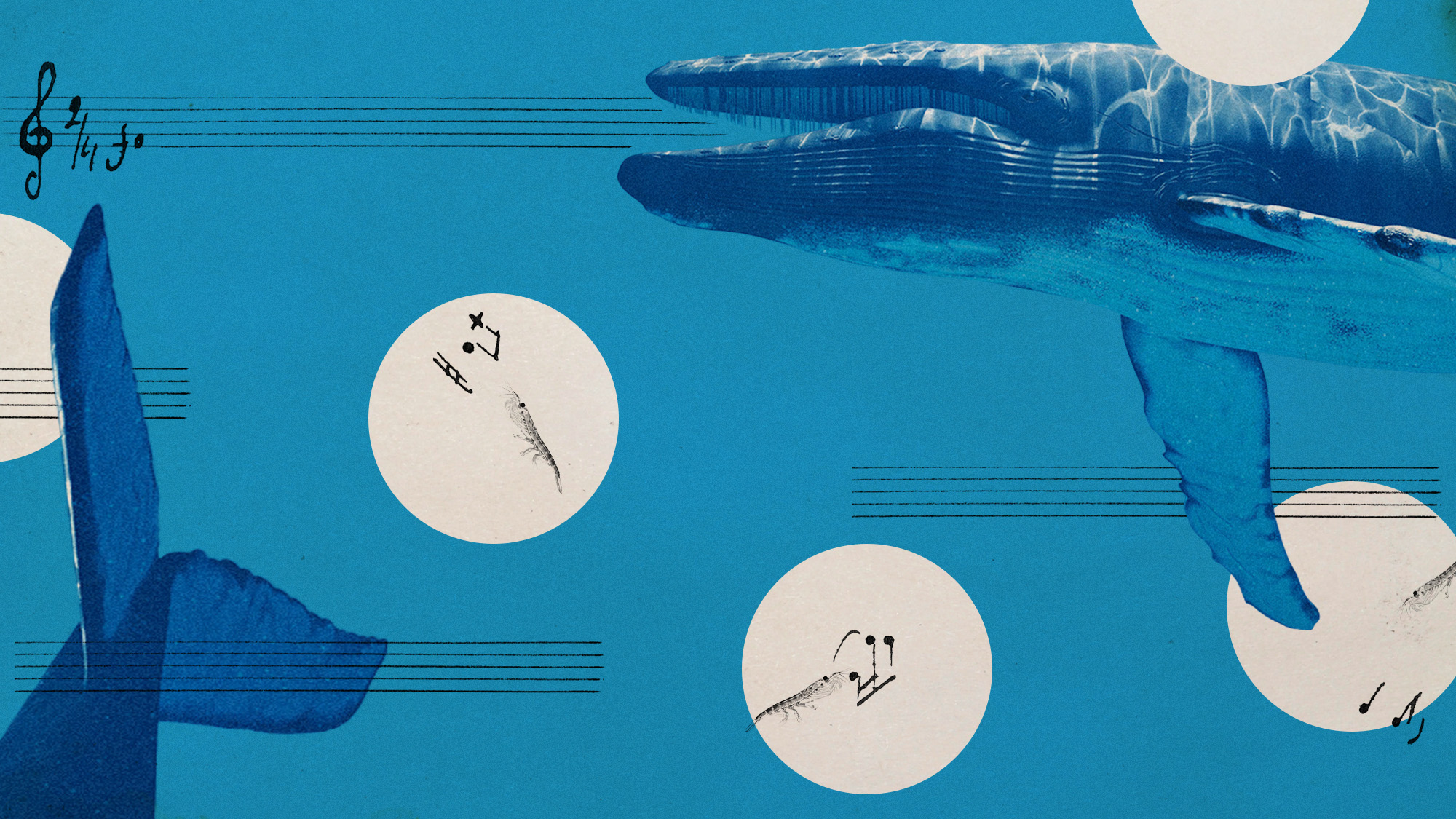 Blue whales have gone silent and it's posing troubling questions
Blue whales have gone silent and it's posing troubling questionsUnder the radar Warming oceans are the answer
-
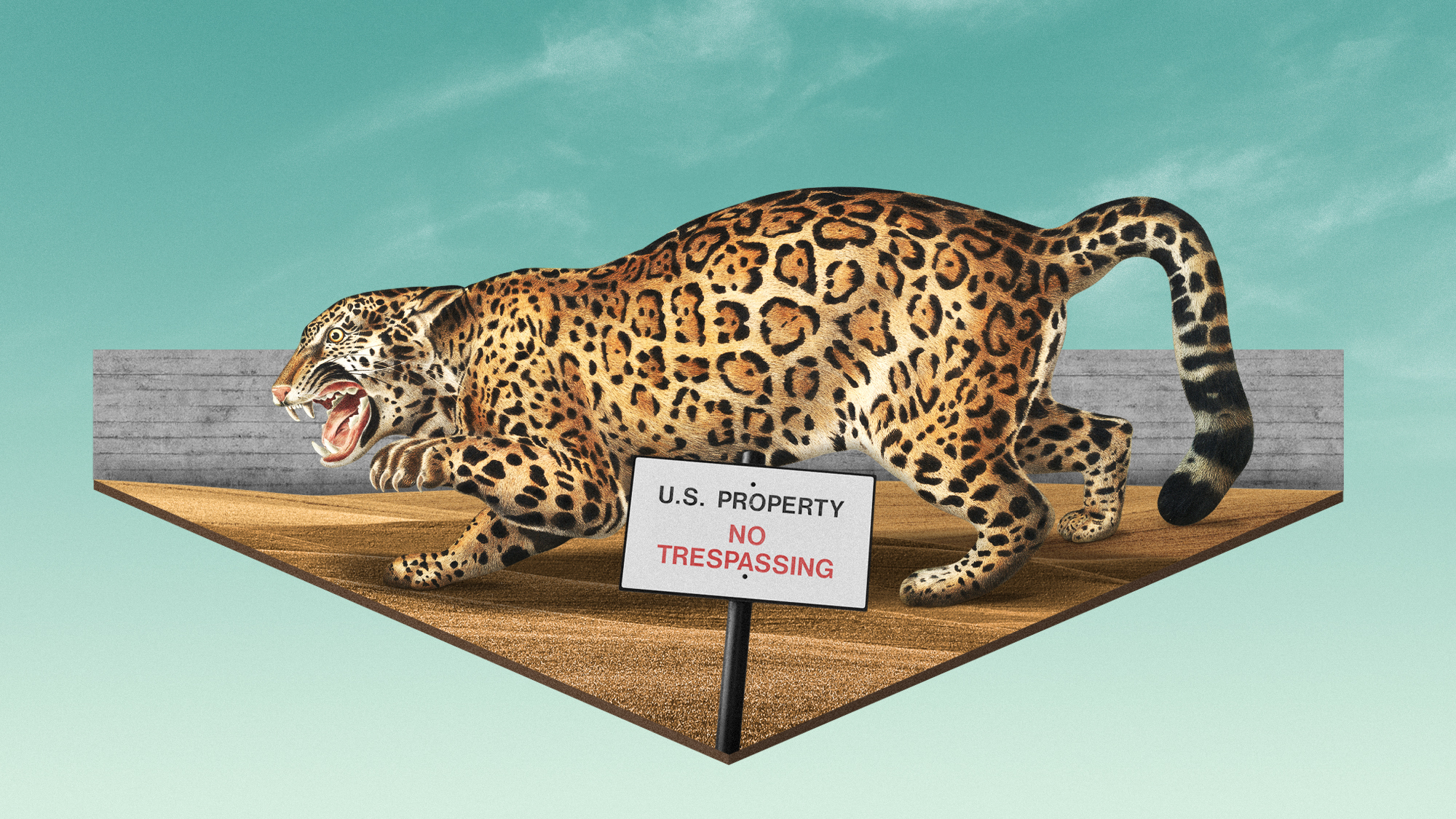 The revived plan for Trump's border wall could cause problems for wildlife
The revived plan for Trump's border wall could cause problems for wildlifeThe Explainer The proposed section of wall would be in a remote stretch of Arizona